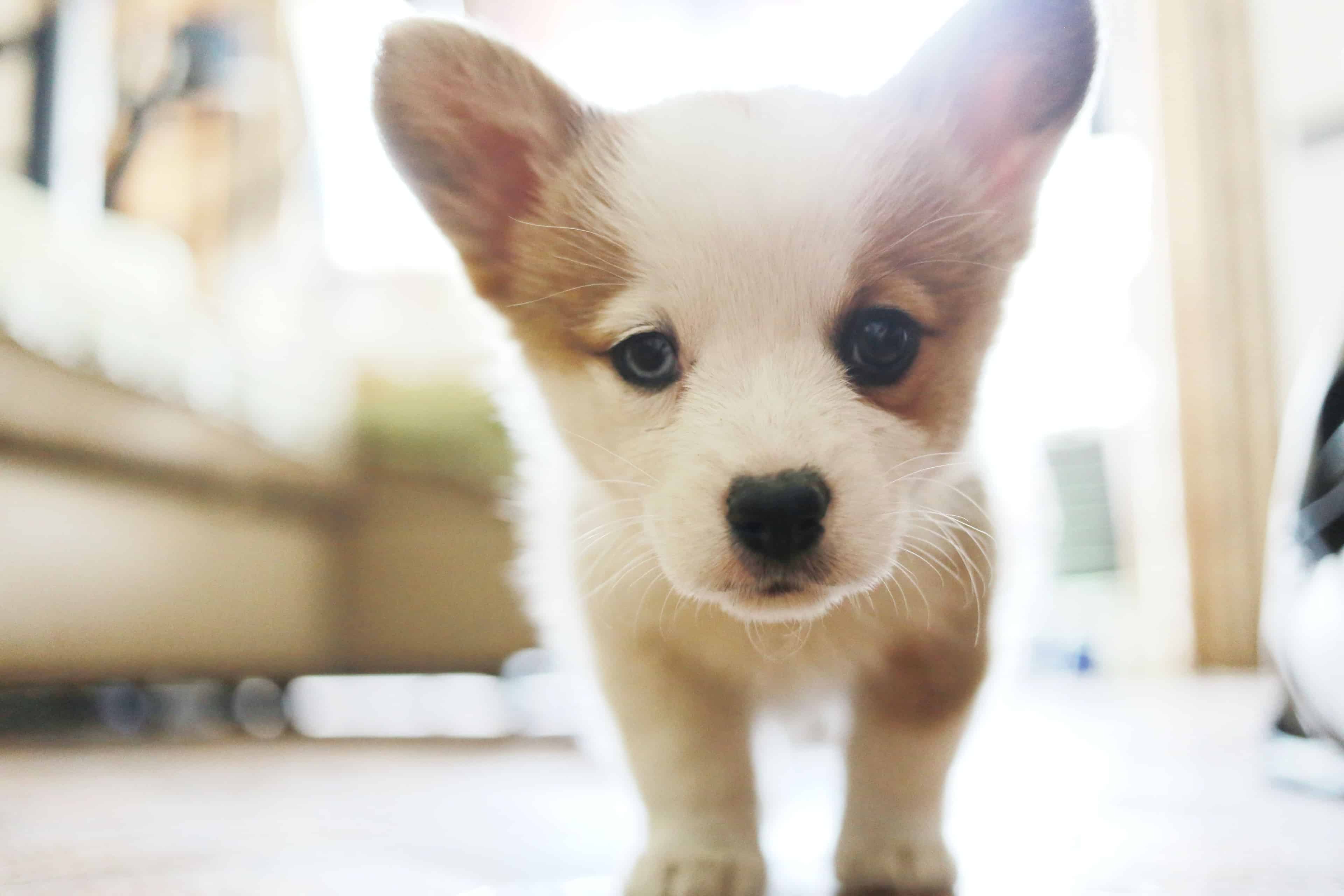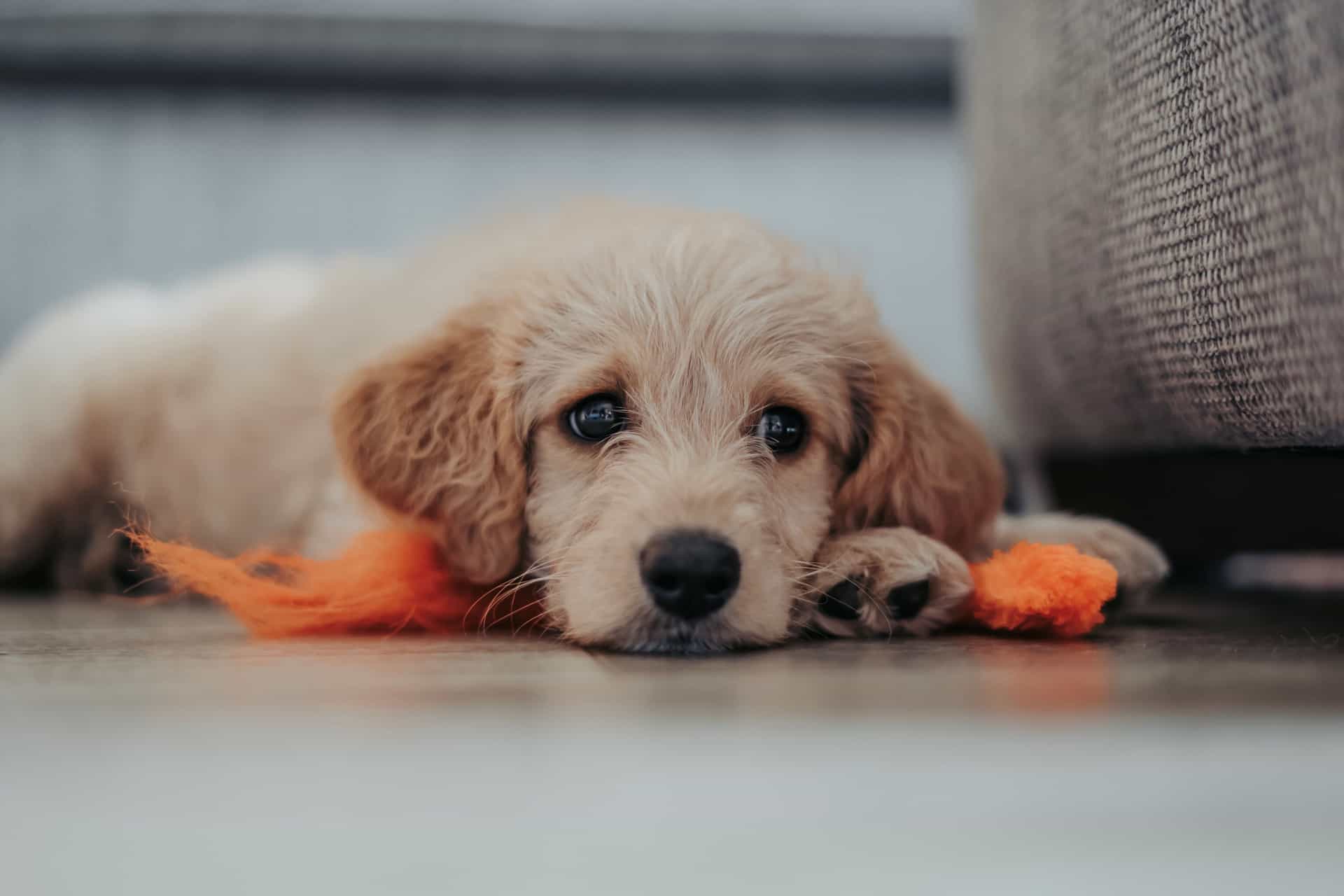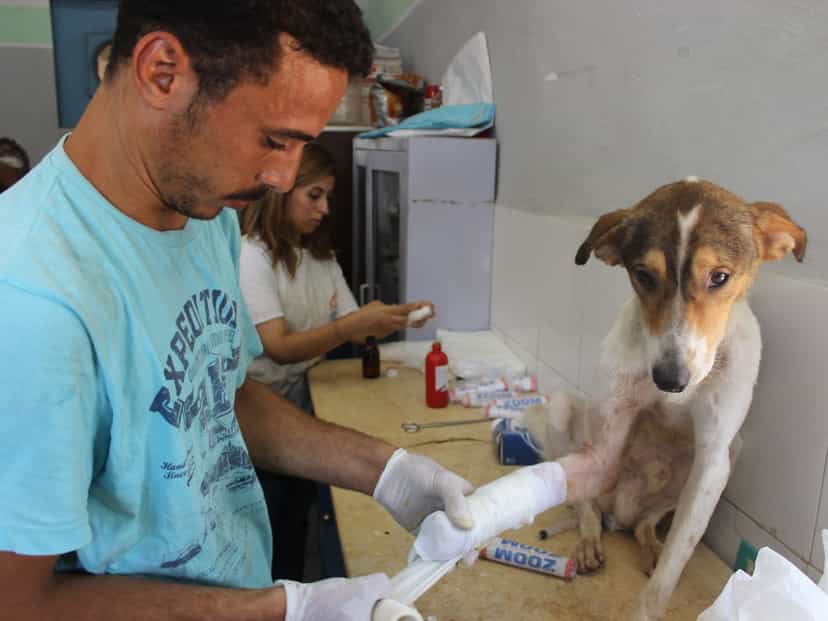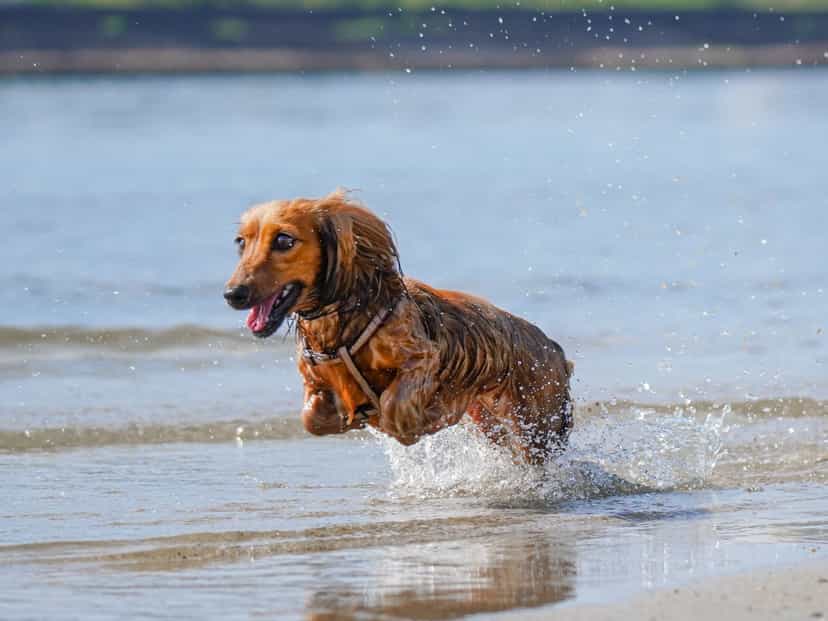
If you’re thinking about getting a puppy, you’ll want to make sure you find the paw-fect pet for you and your family. You’ll also want to make sure that your puppy comes from a kind and caring breeder.
THINKING OF GETTING A PUPPY?
Justine Williams from Our Family Dog, a website for first-time dog owners, shares her puppy buying tips. How to select the right breed of dog for your lifestyle The first thing to think about is which breed of dog is right for your lifestyle. If you have a particular breed in mind, do your research to make sure they will be the right match for you. Here’s some questions to ask yourself:
- How much room do you have for a dog in the house?
- Do you have a garden?
- Do you enjoy getting outdoors and taking exercise or do you prefer to be indoors?
- How much time do you have for training?

Cross breeds such as Cockapoos and Labradoodles are very popular at the moment - however, if you’re interested in this type of dog, do you research first to make sure your lifestyle matches their needs. For example, a Cockapoo is a cross between a Cocker Spaniel and a Poodle, and both are highly active working breeds that need lots of exercise. You can find lots of books and websites to help you research dog breeds. A helpful resource is the Kennel Club’s Breeds A-Z. When researching which type of dog to get, bear in mind that some breeds of dogs are at risk of developing genetic disorders, including hip and elbow dysplasia. These can be painful and unpleasant conditions. They can also be costly and distressing for owners. And dogs with flat faces - such as Pugs and French Bulldogs - are more likely to suffer from serious health problems. This includes breathing difficulties, eye disease and skin problems; and they often require veterinary attention.
WHERE TO GET A PUPPY FROM
You’ve probably heard about people being scammed when buying a puppy. Sadly, there are many rogue puppy traders and scammers whose only interest is making money. For this reason it’s really important to be on your guard when buying a puppy. Here’s how to find a good breeder, and avoid being scammed:
- Find a puppy that has been bred and raised in a family home - rather than in a barn or outbuilding. A puppy that has been bred in a family home will be much more suited to life as a family pet. You can phone and ask questions about where the puppies have been bred and raised before you visit.
- Arrange to visit a litter of puppies when they are 4-6 weeks old, rather than ready to go. Unscrupulous puppy traders rely on the cute-appeal of puppies to make you part with your money there and then. Puppies cannot legally be sold until they are 8 weeks old, so by visiting a litter at 4-6 weeks it gives you time to properly meet the puppies, see them with their mother and siblings, and ask the breeder lots of questions before you decide to buy.
- Choose a puppy that looks healthy, is confident and happy to interact with you.
- Only pay for a puppy once you have seen it with its mother in the place where it was born. If you are asked to put down a deposit, make sure it is refundable.
- Use the Puppy Contract when buying a puppy. It is a legally binding contract between you and the seller.
PREPARING TO BRING YOUR PUPPY HOME
Having a puppy is not unlike caring for a baby - so be prepared for lots of hard work and not much sleep to begin with. Be prepared for your puppy to follow you everywhere to begin with - including the toilet! Your puppy will need someone around all the time when they are little - even popping to the shops can be a challenge with a new puppy to care for. It’s a good idea, therefore, to plan ahead to make sure that there is someone on hand to care for your puppy when you can’t. Once your puppy has been fully vaccinated - this is usually by the time they are 12 weeks old - they will be able to go to doggy day care but until then they will need to be cared for at home. A common mistake that some first-time dog owners make is to try to leave their puppy alone at home too soon. They need to be trained to be left alone - building up from being apart from you for just a few minutes at a time in another room, to eventually leaving them alone in the house. Here’s some other things that you will need to think about and do before you bring your new puppy home:
- Register with a local vet and book your puppy in for their first health check and vaccinations if this has not already been done by the breeder. Don’t forget about pet insurance to cover any unexpected costs in the event of your dog being seriously ill, injured or in need of surgery.
- Book your puppy into puppy school. Look for a dog trainer who is approved by the Animal Behaviour and Training Council. All of their members are properly qualified dog trainers and dog behaviourists, and use a kind method called ‘positive reinforcement’ to train dogs.
- Stock up at the shops. There’s lots of things you’ll need to buy for your dog, including bowls, beds, collar and ID tag, harness, leads, food, treats and toys. Don’t forget to do a big food shop for yourself as well - you may not find it so easy to pop to the shops in the early weeks with your new dog.
PREPARE YOURSELF!
It can come as a surprise to first-time dog owners just how much hard work raising a puppy can be.
To address this, Our Family Dog has created a FREE e-learning course to better prepare new dog owners for life with a dog. The course is suitable for all the family, and takes about two to three hours to complete.
Sign up to learn more about how to prepare for a puppy and what to expect in the first year: https://ourfamilydog.org.uk/getting-a-puppy
This article was written by Our Family Dog.


